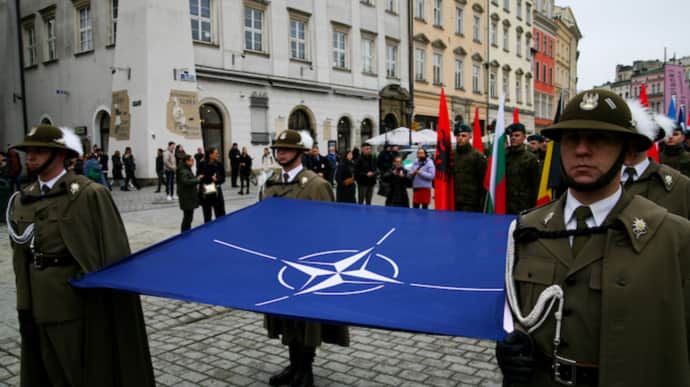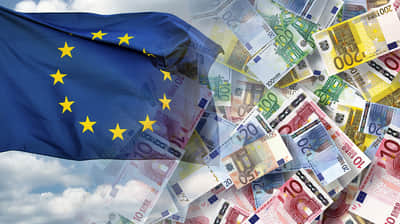Europe lacks €56 billion in NATO funding

NATO members in Europe must find an additional €56 billion per year to meet their defence spending targets.
Source: Financial Times
Details: According to a German Ifo Institute study published in the Financial Times, EU countries such as Italy, Spain, and Belgium are unable to meet NATO-set defence spending targets of 2% of GDP while having some of the highest rates of public debt and budget deficit.
This exacerbates the issue of budgetary pressure to increase defence spending in the context of low growth rates. According to economists, this will make it more difficult for the countries that are lagging behind to catch up on their backlog.
According to Ifo, Germany had the largest deficit in value terms last year, spending €14 billion less than was required to meet the 2% GDP target. However, Berlin has cut the gap in half over the last decade, adjusted for inflation, and intends to close it completely in 2024.
After Germany, the next largest deficits are €11 billion in Spain, €10.8 billion in Italy, and €4.6 billion in Belgium. These countries were among the six in the EU whose debt exceeded 100% of their GDP last year. Italy also had one of the largest budget deficits in the bloc, at 7.2%, and the cost of loan interest this year will exceed 9% of government revenues.
"Countries with high debt levels and high interest costs do not have much room to raise more debt, so the only real way to do it is to cut spending in other areas.
This is not easy, as we saw when Germany tried to cut subsidies on agricultural diesel and the farmers came out in protest," said Marcel Schlepper, an economist at Ifo.
The issue of NATO's funding imbalance has arisen before. Last year, the United States provided more than two-thirds of NATO's total defence spending of €1.2 trillion, more than double the €361 billion spent by EU members, the UK and Norway combined.
The new EU fiscal rules, which take effect next year, are expected to result in additional budget cuts as countries attempt to adhere to a 3% cap on annual deficits and a 60% debt-to-GDP threshold.
More than 10 EU countries are expected to exceed the annual deficit limit, potentially leading to sanctions from the European Commission.
However, during last year's talks, Poland, the Baltic states, and Italy successfully advocated for a more favourable treatment of defence spending under the new rules. As a result, the European Commission will consider military spending as a mitigating factor when deciding whether to take action against countries that exceed the annual deficit limit.
Background:
- The European Central Bank (ECB), France and Germany express the greatest caution in confiscating frozen Russian assets. The G7 is exploring a number of options.
Support UP or become our patron!





